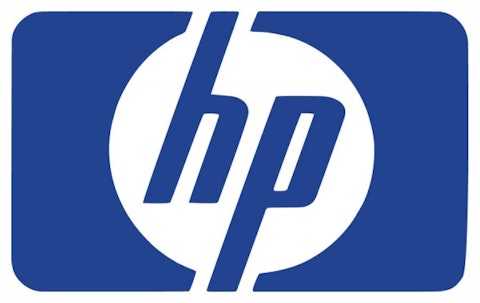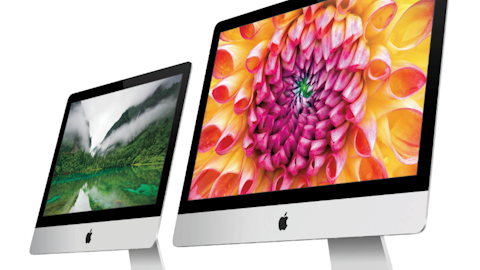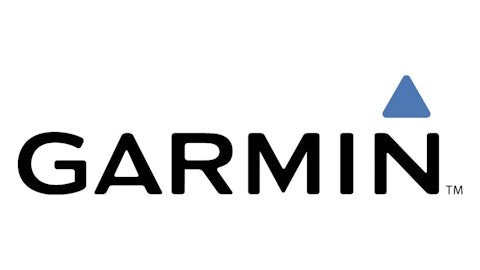Hewlett-Packard Company (NYSE:HPQ) shares enjoyed a robust rally after the No. 1 personal computer maker reported better-than-expected quarterly results. Fueling the gains were a handful of upgrades and increased price targets from several Wall Street brokerage firms.
However, in a cautionary note, analysts warned the Palo Alto based company’s problems are far from over. Investors turned a deaf ear to the warning and sent shares up a good 16%. But the rally could be very short lived.

To date, HP shares have substantially improved and have outperformed all other Dow Jones Industrial Average components. Last year it was among the worst. Contributing to Hewlett-Packard Company (NYSE:HPQ)’s healthy gains in 2013 are the ongoing attempts to take rival Dell Inc. (NASDAQ:DELL) private and the vigorous M&A activity.
But Dell’s privatization has hit some snags as several big shareholder are vying for more than the $13.65 per share that CEO Michael Dell and Silver Lake Partners have outlined in the $24.4 billion LBO deal.
Shareholders just might get more. Dell just reported its fifth consecutive quarter of shrinking profits and the fourth of slumping revenue, but, despite the weakness in the PC business, the company remains highly profitable, and it is generating substantial free cash flow. In fact, Dell’s net cash position swelled by $1 billion in the quarter to $6.2 billion, or some $3.50 a share.
Activist investor David Einhorn of Greenlight Capital recently noted in his quest to get Apple Inc. (NASDAQ:AAPL) to share its hefty stash of cash that he sold his Dell position in 2012 because Mr. Dell wouldn’t share the wealth.
By taking the company private, founder Mr. Dell can focus on longer-term investments, use its cash as it sees fit and engage in select strategies without the constant scrutiny of shareholders and analysts’ prying eyes.
Like HP, Dell has been hurt by waning PC sales as consumers turn to a bevy of mobile devices. Also like HP, Dell has been trying to transform itself. Dell is attempting to morph into a more enterprise focused company emphasizing servers, software and services. That too has hit some snags as the company hasn’t been able to make the enterprise focused business grow at a fast enough clip to offset its slumping PC segment.
No question mobile is where it’s at. But even Apple has taken a beating as concerns mount over slowing iPhone sales and the company’s ability to maintain its explosive growth. Since peaking at $705 in September 2012, Apple shares are down 36% from that lofty level, weighed down by scores of downgrades and institutional selling. Fiscal 2013 earnings have been revised downward by more than four dozen analysts. And as the Wall Street Journal reported, those downward revisions will probably be revised downward again. Because according to Michael Clement, an accounting professor at the University of Texas-Austin, who has studied analyst behavior extensively, a downward revision is more likely to be followed by yet another downward revision than an upward one.





